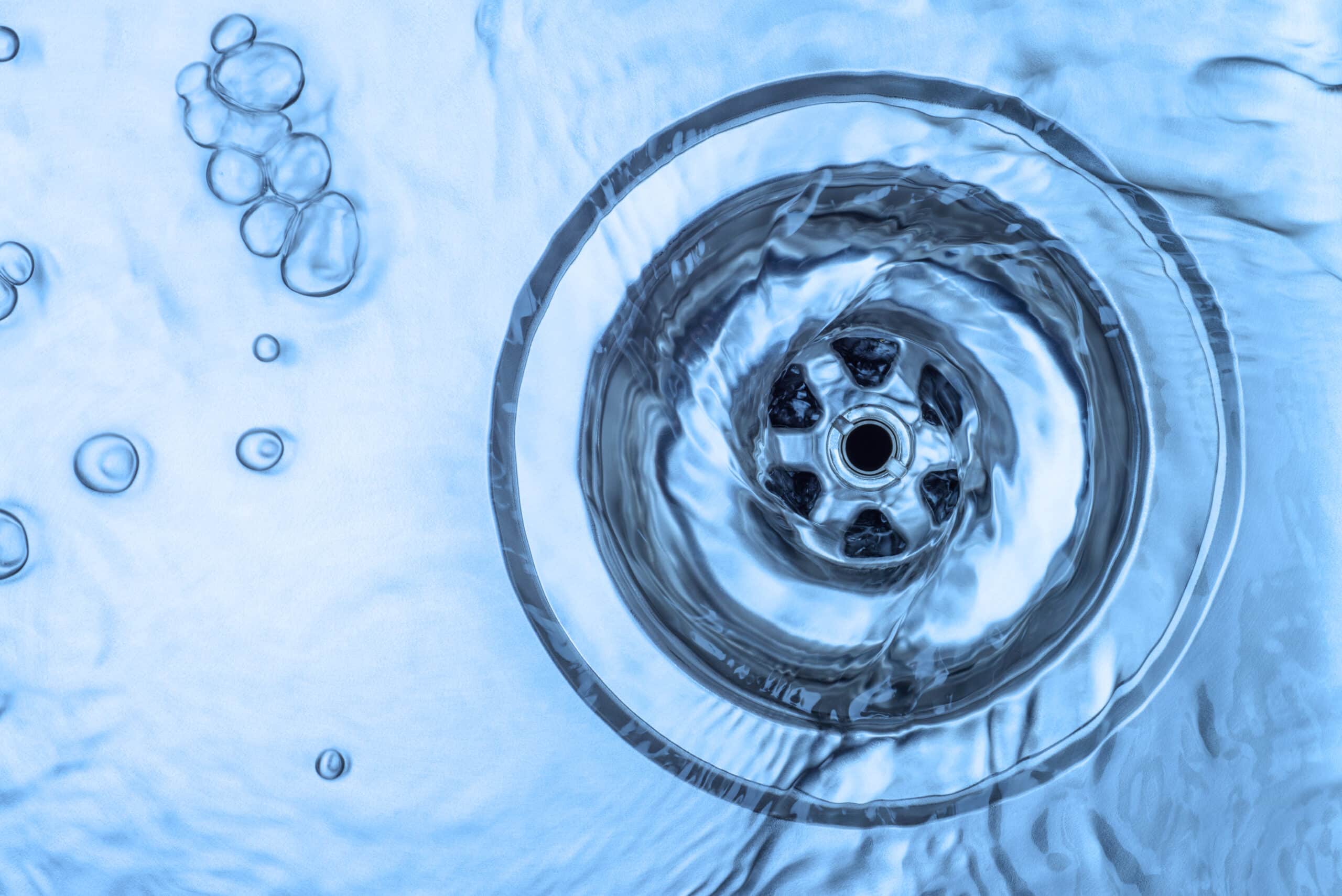Maintaining a home comes with a lot of responsibility and upkeep. There are so many things you won’t realize you need to do until something goes wrong. Clogged drains are one of those things. Over time, your drains build up with debris, food, and more. If you don’t maintain your drains, they can clog, cause a backup, and even cause property damage.
A clogged drain might seem like a task only for Heritage, but many at-home solutions can be effective before calling in the big guns. Continue reading to learn about the maintenance and importance of clear drain pipes.
What a Clogged Drain Does to Your Home
Backed-up sinks and drains are annoying and inconvenient. Did you know that a clogged bathroom sink or kitchen sink could also perpetuate major problems?
Here are just a few of these issues:
- Structural damage: Frequently clogged drains change the durability of the pipes. These pipes often become weaker, causing deterioration and leaks. In extreme cases, structural damage leads to flooding.
- Health issues: Clogged drains are bad for people and animals. Dirty drains are a breeding ground for mold and bacteria. These microbes could worsen someone’s pre-existing health issues or cause new problems. This also leads to terrible smells.
- Bugs and insects: Clogged and leaking pipes attract insects like mosquitoes and flies using water puddles to lay eggs. Left unattended, a leaking drainpipe could quickly turn into a pest problem.
All homeowners experience clogged drain pipes at some point. Regular drain cleaning and plumbing maintenance help lessen the potential for consequences like the ones above.
Drain Clog Prevention Tips
Since clogged drains are a common household issue, there are several things we recommend homeowners do to prevent them. The number one way to prevent clogs is to control what you put down the drain. Here are some tips that should help you avoid a phone call to us:
- Never put grease, fat, or oils down the drain. Instead, it’s better to pour grease into a cup or container until it solidifies. Then, throw it in the trash.
- You don’t have to use the garbage disposal. Use it occasionally. Try throwing leftover food in the garbage or compost bin. Be aware of what you can and can’t put down the garbage disposal. Coffee grounds, bones, seafood shells, vegetable skins, and eggshells should always be thrown in the trash.
- Remove loose hair by brushing your hair before the shower. Invest in a drain catcher to get anything else.
- If you bathe your four-legged friends in the tub or sink, ensure a drain catcher is in place. If you don’t have one, cover the drain with a washcloth and wipe out the tub before removing it.
- Do not flush anything besides toilet paper down the toilet. Throw tissues, paper towels, and menstrual products in the trash. Remind houseguests to do the same.
How to Unclog a Drain
Inevitably, your drain will clog. No matter how careful you are, you can’t always prevent it. Below are some of the simplest solutions to clearing your drain pipes.
Clearing Out a Grease Clog
You will need dish detergent and hot water to reverse a grease-caused clog. Bring a pot of water to a boil on the stove, then add a tablespoon of dish detergent. Pour this mixture down your drain in increments. The soapy water should break down the grease.
Using Hot Water Weekly
If you frequently struggle with clogged drains, try implementing this routine: Run hot water down the drains once a week. The water helps wash away excess dirt and debris, and the heat helps liquify grease stuck in the pipes.
Using Cold Water on Occasion
Cold water works wonders for a clogged drain. Only pour cold water down the drain while running the garbage disposal. The cool temperatures will keep all gunk and residue solidified so the garbage disposal grinds it up.
Pouring Vinegar Down the Drain
White vinegar’s acetic quality makes it an excellent agent for breaking down excessive drain residue from food, soap, cooking grease, and more. Dump at least one cup of vinegar down the drain and wait 20 to 30 minutes before rinsing with several cups of boiling water.
Drain Cleaning Experts at Heritage Home Service
If all these tips and tricks fail for your drains, Heritage Home Service has you covered with an expert team that will ensure your sinks and drains run smoothly.
For added clogging prevention, ensure you are descaling your main building drain annually and take advantage of our hydro jetting service. Scheduling this high-water pressure service every few years is the best way to maintain your sewer line, tackle corrosion, and flush out debris.
Contact Heritage Home Service today and let us tackle your drain cleaning or plumbing needs.

Financing Made Easy
When you choose Heritage, you can rest easy knowing that we provide straightforward options to help you budget for a complete solution that will last you for decades to come.
VIEW FINANCING OPTIONS
Complete Care Plan
With Complete Care, enjoy peace of mind knowing your home's plumbing, heating, cooling, and electrical needs are handled year after year—hassle-free, with added benefits.
VIEW PLAN







